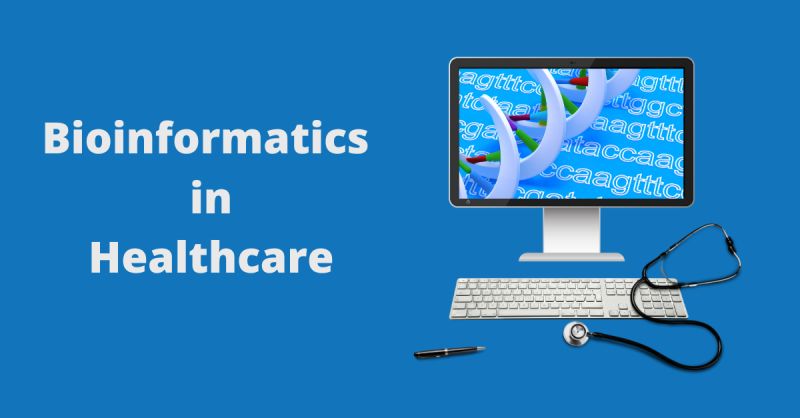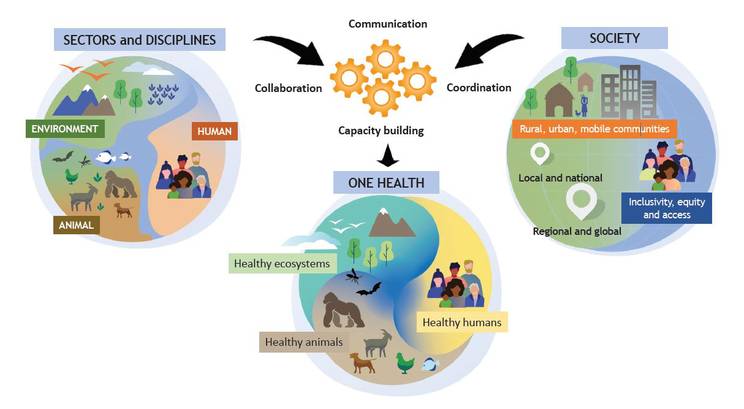Unlocking Potential: Smart Pill Innovation for Enhanced Healthcare
Unlocking Potential: Smart Pill Innovation for Enhanced Healthcare
In the ever-evolving landscape of healthcare technology, smart pill innovation stands out as a transformative force, promising to revolutionize patient care and treatment strategies. These miniature marvels, equipped with advanced sensors and data-processing capabilities, hold the key to unlocking a new era of personalized and efficient healthcare.
The Rise of Smart Pills: A Glimpse into the Future
Smart pills, also known as digital pills or ingestible sensors, represent a groundbreaking convergence of medicine and technology. These pills are embedded with tiny sensors that can transmit data to external devices, providing real-time insights into a patient’s health. The potential applications of this technology are vast, ranging from monitoring medication adherence to tracking physiological parameters within the body.
Enhancing Medication Adherence: A Game-Changer in Patient Care
One of the primary benefits of smart pills is their ability to improve medication adherence. Non-compliance with prescribed medications is a persistent issue in healthcare, leading to suboptimal treatment outcomes. Smart pills address this challenge by sending notifications to both patients and healthcare providers when it’s time to take medication, ensuring a higher level of adherence and, consequently, better health outcomes.
Precision Medicine: Tailoring Treatment to Individual Needs





